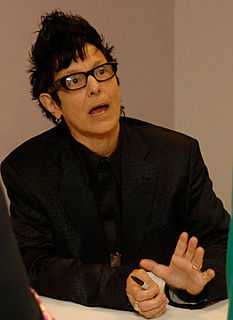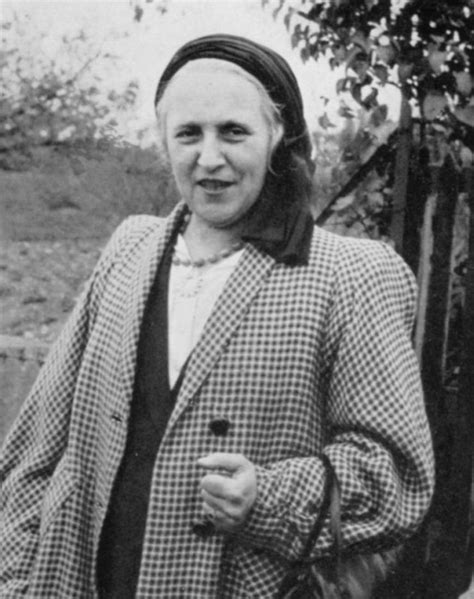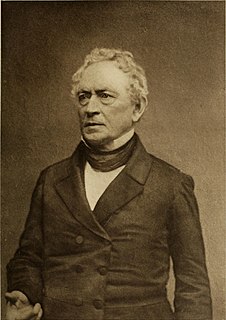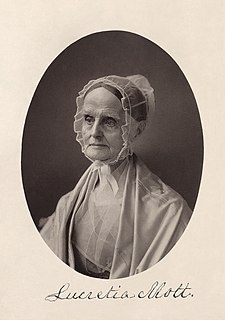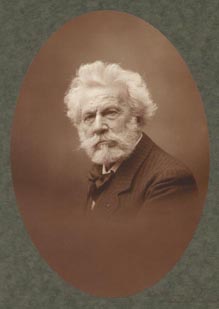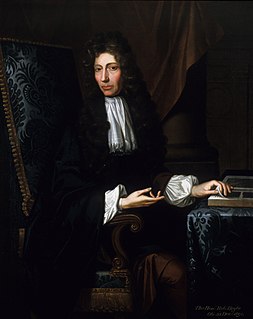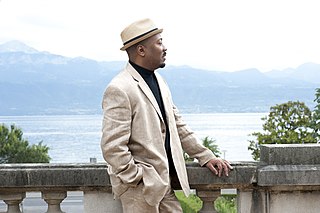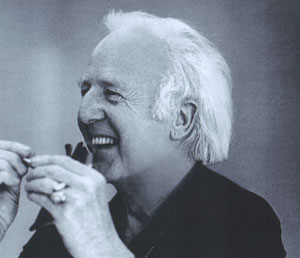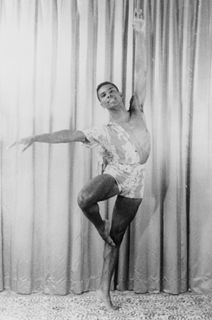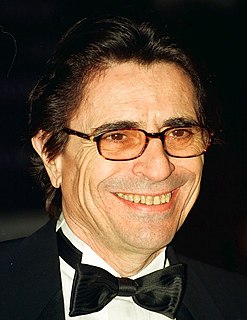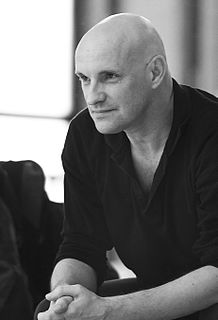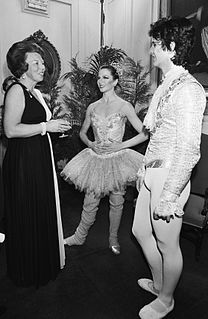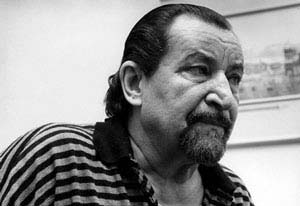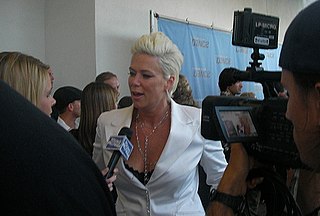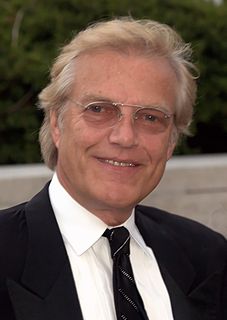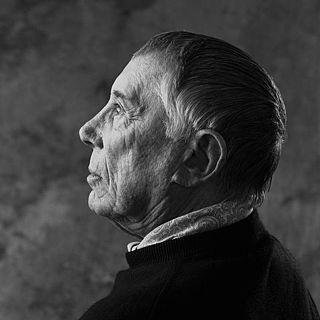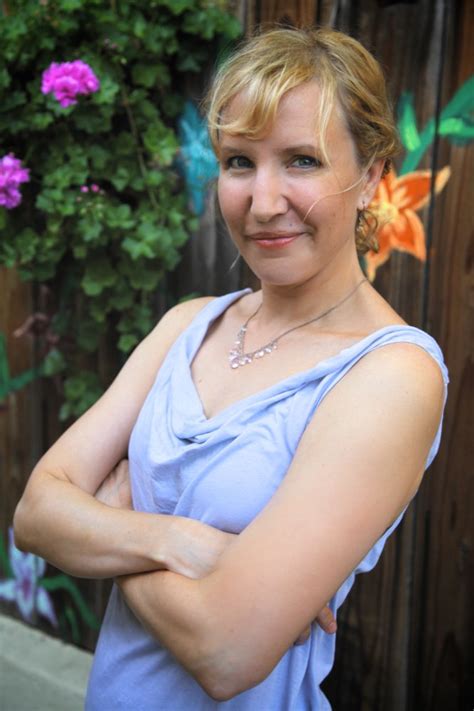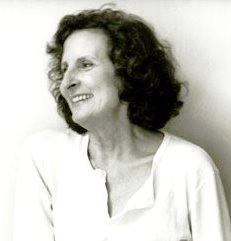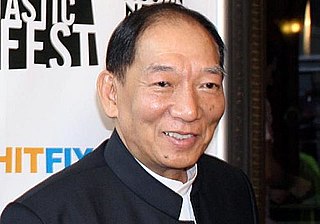A Quote by Elizabeth Streb
My investigation of movement has led me to choices which vary from traditional norms. My dancers and I see the rehearsal as a laboratory for testing scientific principles on the body. We invent action ideas which we think are archetypal, noticeable, understandable. The outcome is a mixture of slam dancing, exquisite and amazing human flight and a wild action sport which captures kids, older people and the general public’s hearts and minds and bodies.
Quote Topics
Action
Amazing
Archetypal
Bodies
Body
Choices
Dancers
Dancing
Exquisite
Flight
General
General Public
Hearts
Human
Ideas
Invent
Investigation
Kids
Laboratory
Led
Me
Minds
Mixture
Movement
Norms
Noticeable
Older
Older People
Outcome
People
Principles
Public
Rehearsal
Scientific
See
Slam
Sport
Testing
Think
Traditional
Understandable
Vary
Which
Wild
Related Quotes
I conceive that the leading characteristic of the nineteenth century has been the rapid growth of the scientific spirit, the consequent application of scientific methods of investigation to all the problems with which the human mind is occupied, and the correlative rejection of traditional beliefs which have proved their incompetence to bear such investigation.
Remember that [scientific thought] is the guide of action; that the truth which it arrives at is not that which we can ideally contemplate without error, but that which we may act upon without fear; and you cannot fail to see that scientific thought is not an accompaniment or condition of human progress, but human progress itself.
Our submission to general principles is necessary because we cannot be guided in our practical action by full knowledge and evaluation of the consequences. So long as men are not omniscient, the only way in which freedom can be given to the individual is by such general rules to delimit the sphere in which the decision is his. There can be no freedom if the government is not limited to particular kinds of action but can use its powers in any ways which serve particular ends.
The task of the political philosopher can only be to influence public opinion, not to organize people for action. He will do so effectively only if he is not concerned with what is now politically possible but consistently defends the "general principles which are always the same." In this sense I doubt whether there can be such a thing as a conservative political philosophy. Conservatism may often be a useful practical maxim, but it does not give us any guiding principles which can influence long-range developments.
Law, in its most general and comprehensive sense, signifies a rule of action; and is applied indiscriminately to all kinds of action, whether animate, or inanimate, rational or irrational. Thus we say, the laws of motion, of gravitation, of optics, or mechanics, as well as the laws of nature and of nations. And it is that rule of action, which is prescribed by some superior, and which the inferior is bound to obey.
(there is) no other means of escaping from one's consciousness than to deny it, to look upon it as an organic disease of the terrestrial intelligence - a disease which we must endeavor to cure by an action which must appear to us an action of violent and willful madness, but which, on the other side of our appearances, is probably an action of health. ("Of Immortality")
There is a broad distinction between religion and theology. The one is a natural, human experience common to all well-organized minds. The other is a system of speculations about the unseen and the unknowable, which the human mind has no power to grasp or explain, and these speculations vary with every sect, age, and type of civilization. No one knows any more of what lies beyond our sphere of action than thou and I, and we know nothing.
And, to prevent mistakes, I must advertize you, that I now mean by elements, as those chymists that speak plainest do by their principles, certain primitive or simple, or perfectly unmingled bodies; which not being made of any other bodies, or of one another, are the ingredients of which all those called perfectly mixt bodies are immediately compounded, and into which they are ultimately resolved: now whether there be any such body to be constantly met with in all, and each, of those that are said to be elemented bodies, is the thing I now question.
